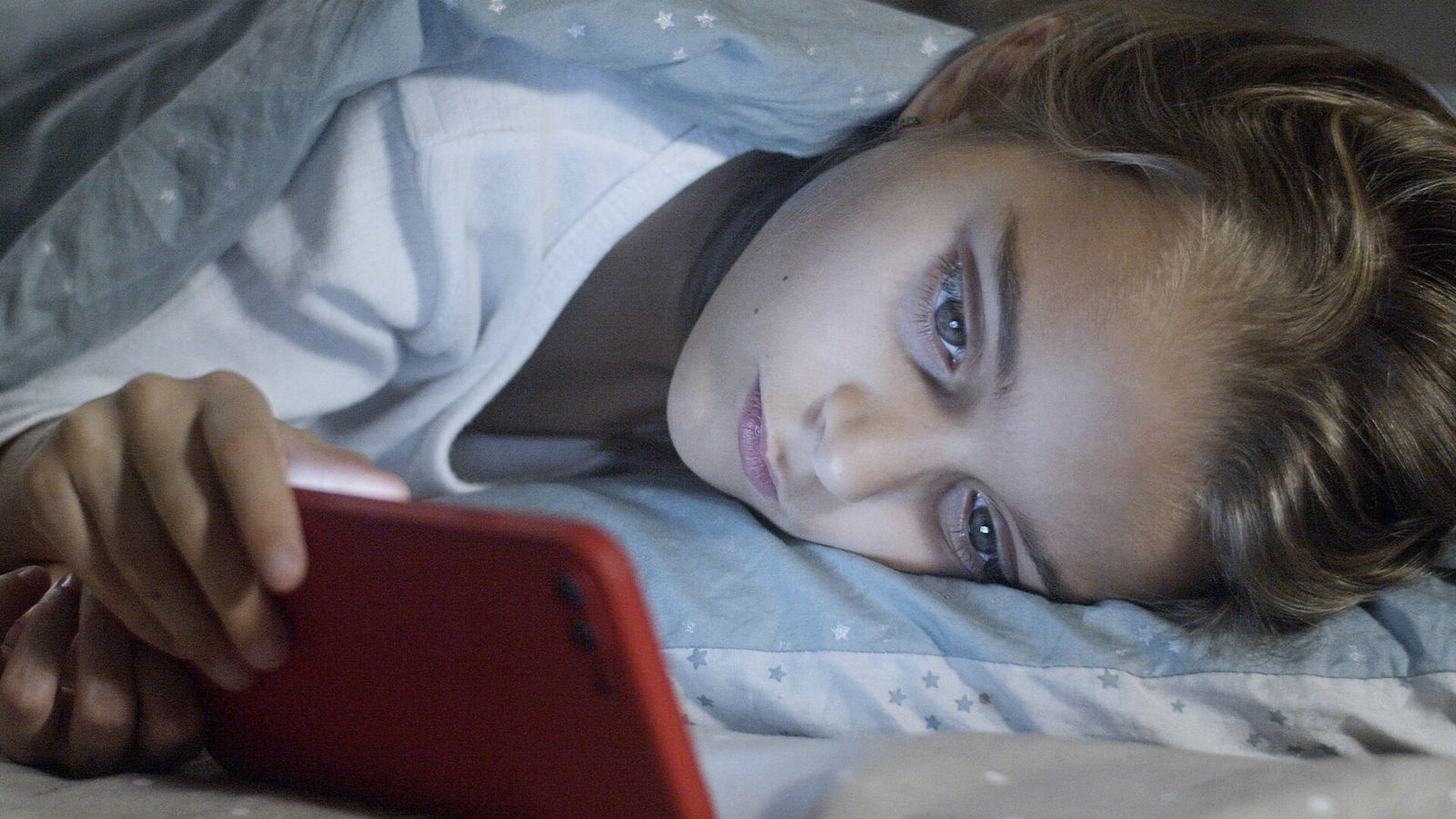
By Michaela Gordoni
You’ve heard that screens are bad, causing mental health, anxiety, sleep and social issues, but you also need to know about a little thing called “information overload.”
Thanks to modern technology, kids are constantly bombarded with information. Much of it is unimportant or even senseless.
Before we communicated through phones, we wrote letters or sent telegrams. Usually, we only conveyed important and meaningful things. But the information you receive from your phone today might be what your friend ate for breakfast or a random fact about giraffes that you probably won’t retain. It’s just noise, Phys.org writer Dorje C. Brody points out.
Parenting psychologist Dr. Jim Taylor says, “In today’s world of technology, information is coming at them from many directions, for example, television, computer, texts, hyperlinks, and on-screen ads. Children are enveloped in an environment of constant information and distraction. As a result, they have neither the time nor the attention to process most of the information and use it in productive ways, for instance, to learn a subject in school or explore a topic of personal interest in greater depth.”
Related: Is Too Much Screen-Time Harmful for Our Children’s Brain Function?
So what happens when you’re constantly being given low-quality information? You have to work hard to sift through the noise.
For example, when a kid goes to look something up for school, they have to sort through lots of unrelated content to get what they’re looking for. In the process, they absorb a lot of unnecessary, distracting information. It also increases their screen time.
The solution is to turn the volume down. When you limit all the noise, the distractions and the screen time, you’re going to have a calmer, quieter environment. Some tools or apps may be available to help narrow down content online, but a better option may be to eliminate screens as much as possible. A physical encyclopedia book would be a better resource than Google — which exposes an endless sea of content — for a kid who wants to know about Howler Monkeys’ diets, for example.
MySocialLife, an organization that teaches digital responsibility, recommends parents teach their kids to avoid information overload by helping them stay on track and focused, take breaks from screens, schedule time online and give them time to daydream and play outside.
Dr. Taylor says, “Raising children who will thrive in the digital world is all about teaching them how and wiring their brains to think, not just access information.”
Dr. Taylor says it’s important that kids stop and think about the information they are taking in. Otherwise, their serial skimming will prevent them from using information in a meaningful or beneficial way.
Without time to pause, process or reflect, kids miss out on deeper learning and real understanding, but a few simple changes can help get them on the right track.
Read Next: Nightly Screen Time Harms Kids’ Mental Health, Sleep Patterns
Questions or comments? Please write to us here.


 - Content:
- Content: 

